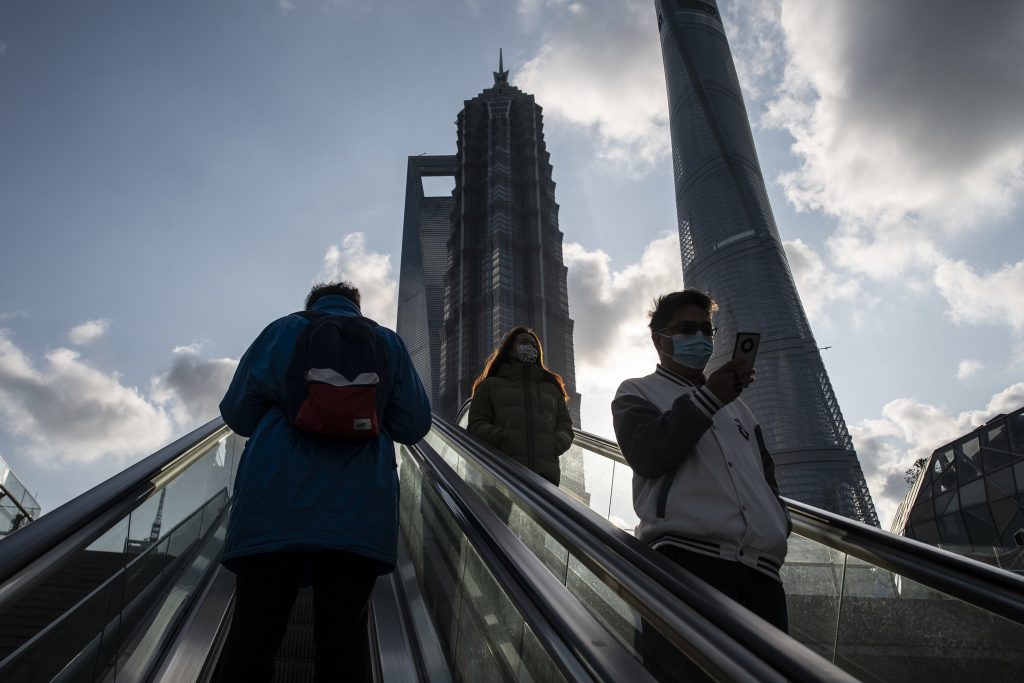Yue Fei, the son of an impoverished farmer from Northern China, is one of China’s most decorated and celebrated war heroes.
As the Jurchens invaded Southern China in the 1130s, it was Yue Fei who showed tremendous courage, as he and his troops fended off the advancing army. He was so courageous that he once, with only 500 men, defeated 100 000 Jurchen soldiers. To this day, Yue Fei is a national symbol of hope during difficult times.
As Southern China looked to Yue Fei then, the world looks to China now to save it from slow growth because of difficult times.
It has been a little over a year now that the world has struggled with higher prices that Generation Z and even Generation Y have not seen in their lifetimes.
As central banks hiked interest rates to fight inflation, economists and investors grew increasingly concerned about slowing global growth.
The International Monetary Fund recently estimated that the global economy will grow by only 2.9% this year versus a 60-year average of 3.5%; Chinese growth could account for two-fifths of that percentage.
This feels like déjà vu from the late 1990s and 2000s when China personified Yue Fei to the world.
After the 1997 Asian financial crisis, the Chinese economy helped to stabilise the whole of Asia. Then, a decade later during the 2007 financial crisis, China’s growth again helped to stabilise the world.
In these instances, China’s economy could routinely deliver between 12% and 15% annual growth, enough to contribute up to 2.5% to global growth.
The expectation in 2023 is for China to grow by 5.2%. Even though this percentage is lower than in the recent past, it is still a big improvement from last year’s 2%.
There are several reasons for the uptick in Chinese growth …
For one, there is the reopening of the Chinese economy. Investors were concerned that the economy would buckle under the burden of increased Covid-19 cases following the relaxation of China’s year-long zero-Covid policy measures. But there are signs that this is not the case. Although the virus is spreading faster than expected, according to the Chinese government, 80% of the country has already been infected and hospital patient numbers peaked on 5 January.
This should translate into increased travelling and spending.
Households are also unusually liquid, with bank deposits now exceeding $18 trillion, which includes last year’s $2.6 trillion in savings. These deposits could provide ammunition for a bout of “revenge spending”.
And with consumption expected to contribute more than 70% to this year’s gross domestic product, this could provide the necessary boost the world economy needs.
Read:
Why China’s shrinking population is a big deal
China’s reopening is a mixed blessing for emerging-market assets
Risks
Conversely, there are also certain elements that could derail China’s growth in 2023.
To begin with, no country has rebounded from a Covid outbreak in less than a year. There is always the risk that infections worsen, fatalities rise, and the services and manufacturing sectors close or slow down. Growth in these two sectors is driven by productivity and labour force participation rates. Both of these factors have been on a slowing long-term trend. Should there be a faster deterioration this year, it will have a negative overall effect on growth.
There is also the geopolitical risk between the United States and China to consider, a risk that could result in legislative and regulatory changes. China’s recent spy balloon is another incident that only seems to have worsened the situation.
And finally, there is also the risk that a global recession will spill over into China, or that China’s own debt problems will derail it, which could have a big impact on commodities and China’s property market.
Whether China will be able to pick up the growth baton is unclear, but what is certain is that investors, like us, are siding with the world’s second-largest economy.
In January, Chinese equities saw an inflow of $21 billion. This marks the largest inflow since 2014.
And that is a big vote of confidence that China will be able to achieve high levels of growth this year as well as in the next few years.
Dr Francois Stofberg is senior economist and managing director of Efficient Private Clients.
You can also listen to this podcast on iono.fm here.

